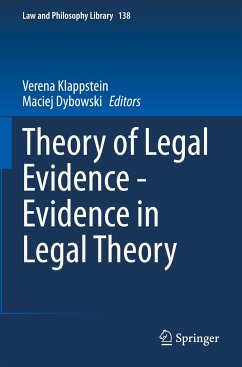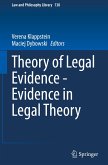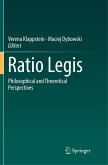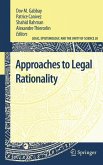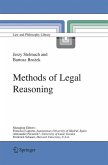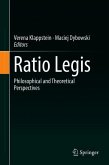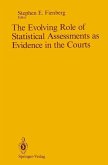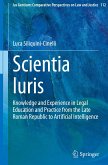This book addresses theoretical problems concerning legal evidence. The concept of evidence is expected to fulfill a number of distinct roles in science and philosophy, but also in legal theory and law, some of which are complementary, while others are conflicting. In their profession, lawyers have to deal with evidence and proof. Yet the legal concept of evidence is constantly changing, and the debate concerning the distinction between a legal concept of evidence, the ordinary concept of evidence and the concept of evidence in science is far from being settled. What is more, the problem of evidence is central to both epistemology and the philosophy of science, and by extension to our academic thinking on law. In short, legal theorists' interest in evidence may include such diverse objects as a bloody knife, sensory data, linguistic entities or psychologically recognized beliefs. The book surveys selected theoretical roles that the concept of evidence plays and explores their relations and interconnections. The content is divided into three parts, investigating: (1) evidence in epistemology and the philosophy of science, which focuses on evidence methodologies and the problem of proof in legal scholarship; (2) evidence in legal theory and legal philosophy, where particular attention is paid to the interplay between evidence, legal reasoning and the binding force of such reasoning; and (3) evidence in law, where theoretical problems pertaining to witnesses, expert opinions, explanations of the accused, statistical evidence and neuroscientific evidence are examined.
Bitte wählen Sie Ihr Anliegen aus.
Rechnungen
Retourenschein anfordern
Bestellstatus
Storno

